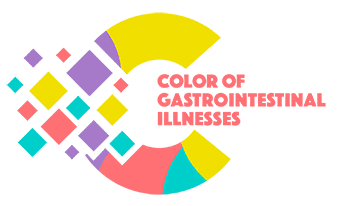Color of Gastrointestinal Illnesses (COGI) is a national patient advocacy organization whose mission is to improve the quality of life for BIPOC who are affected by IBD, digestive disorders, and associated chronic illnesses; through community engagement, research, education, and advocacy.
Advocacy is central to COGI’s mission and purpose, and the patient voice expressed by our community is integral to our advocacy success.
COGI amplifies the patient voice through the powerful stories of individuals and the collective needs of our community. Our advocacy ambassadors work at the local, regional, and national level to promote equitable access to affordable, quality health care for people with digestive diseases and related chronic illnesses.
Our advocacy team identifies state and federal opportunities to address on behalf of people of color who live with digestive diseases. In conjunction with fellow stakeholders, we develop position statements that our advocates can take into meetings with policymakers. We work with various stakeholders — including policymakers and government officials, pharmaceutical manufacturers and other patient advocacy organizations — to spread awareness about the day-to-day challenges of living with digestive illnesses and advocate on behalf of policy changes that eliminate barriers for access to care
To maximize our impact, we participate in multiple coalitions with other patient advocacy groups relating to a variety of important health care policy issues at the federal and state levels.









